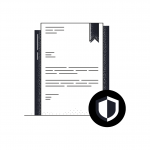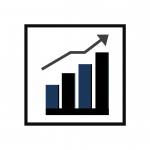

























A strong college preparatory program is necessary in high school if you wish to enter this field. Courses in other social sciences, economics, mathematics, and English are extremely important to a would-be economist, since analyzing, interpreting, and expressing one's informed opinions about many different kinds of data are primary tasks for someone employed in this field. Also, take computer classes so that you will be able to use this research tool in college and later on. Finally, since you will be heading off to college and probably postgraduate studies, consider taking a foreign language to round out your educational background
Government economists study national economic trends and problems; their analyses often suggest possible changes in government policy to address such issues.